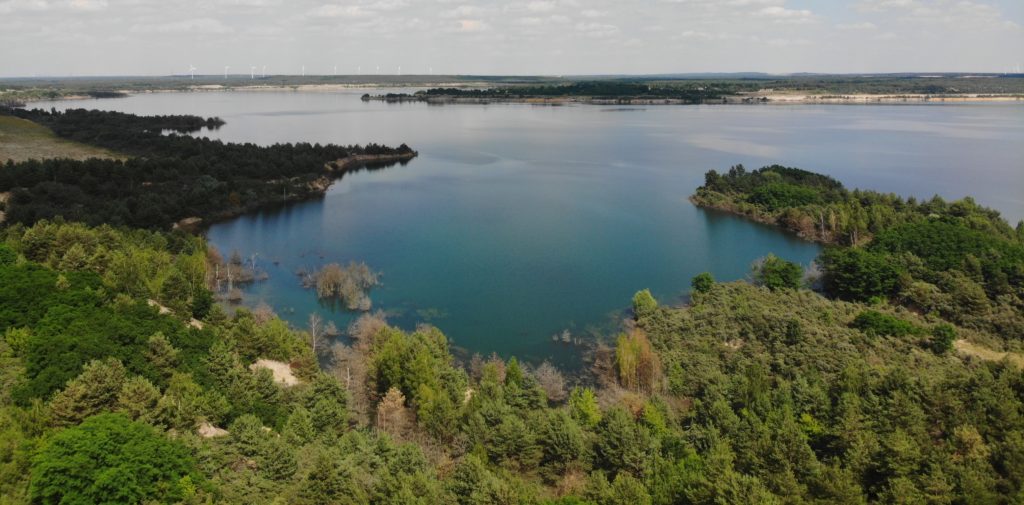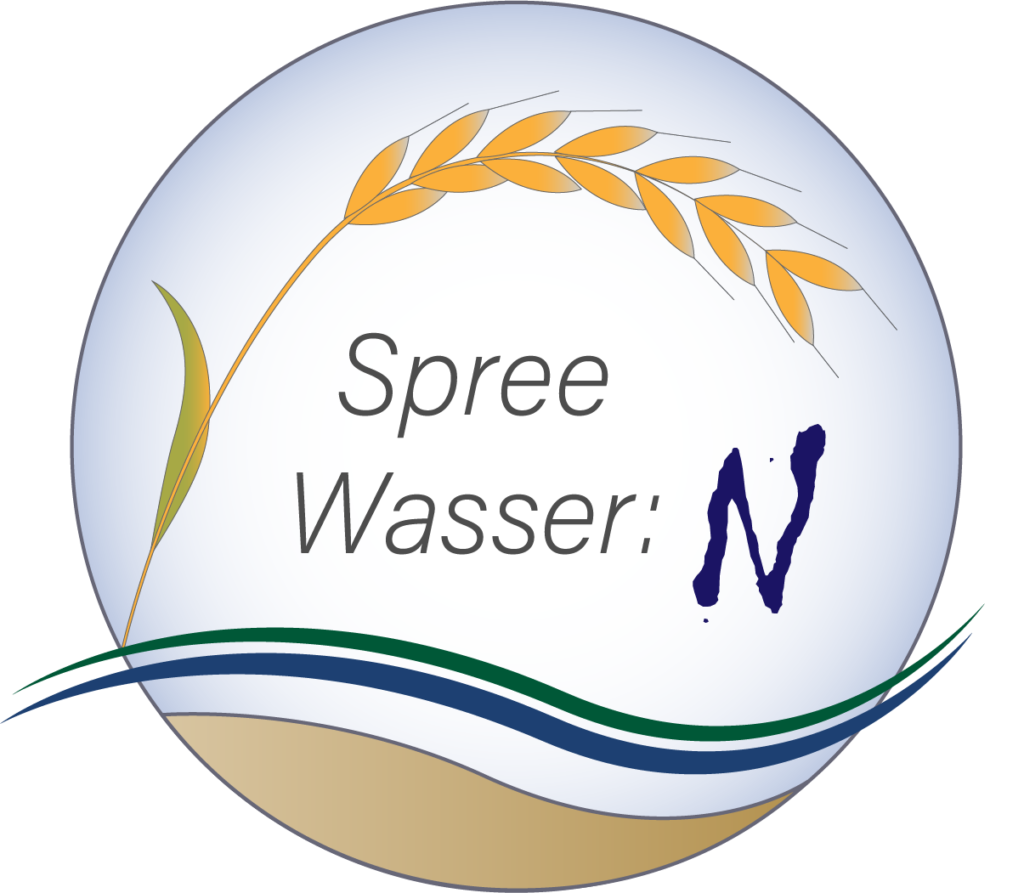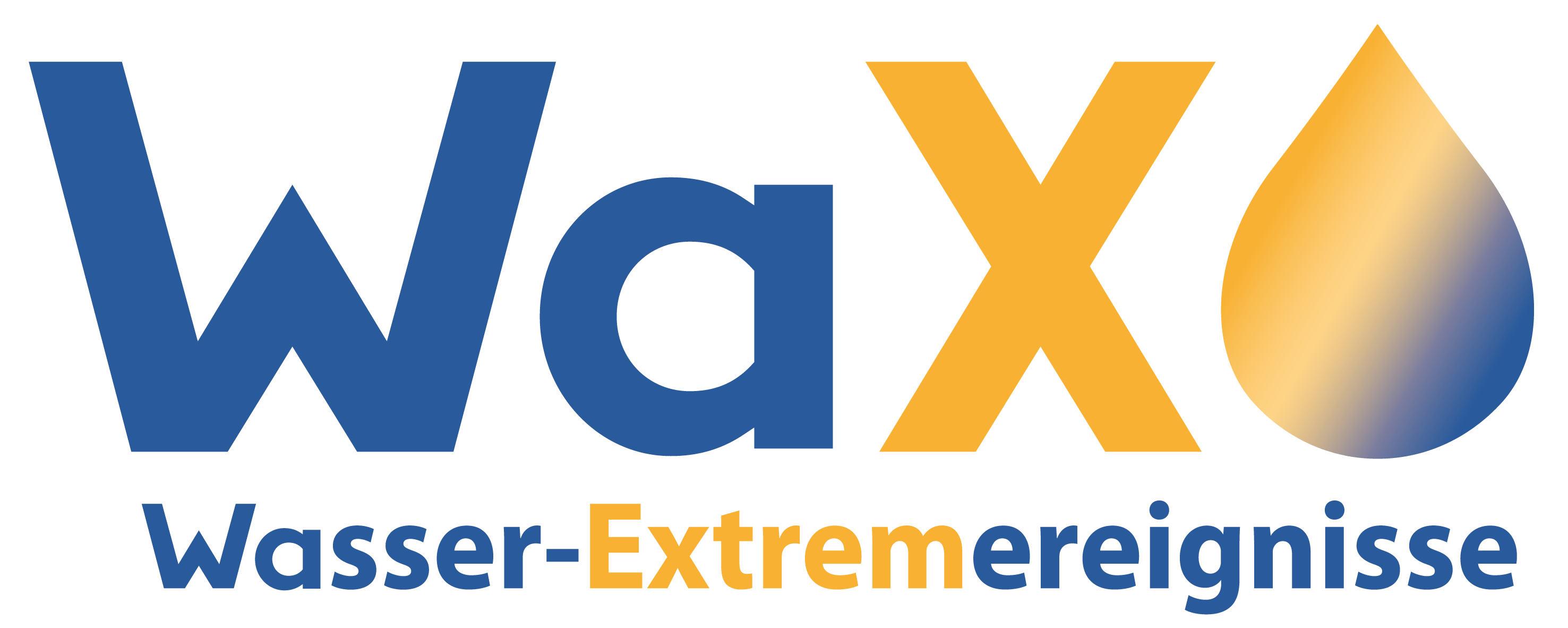SpreeWasser:N – Adaption to Water-related Extreme Climate Events: Drought Management, Integrated Water Resources Management and Advanced Water Storage Management in Berlin-Brandenburg, Germany

Brief describtion
The call “Extreme Water Events” aims at implementing the UN SDGs to limit impacts of water-related extreme climate events on the aquatic environment and humans. SpreeWasser:N aims to develop new courses of action for optimized water storage and innovative tools for integrated water resources management in Brandenburg, which has one of the highest water deficits and drought risk in Germany.
SpreeWasser:N develops interdisciplinary approaches for managing scarce water resources in a region threatened by water shortage and drought, but also heavy precipitation events. Competing interests are identified and are weighed against each other in an integrated water management concept.
SpreeWasser:N develops innovative monitoring, forecasting and communication tools for risk management and strategies to mitigate negative effects of extreme water-related climate events.
SpreeWasser:N gets local municipalities and stakeholders involved by considering the specific concerns of the region. SpreeWasser:N develops propositions of amendments to the WHG and the regionals water regulations with the aim of implementing a prioritization of water user and enabling water storage under consideration of competing regulations.
Objectives
SpreeWasser:N focuses on:
(1) Improving the prediction of regional short- and long-term extreme climate events to assess their hydrological-ecological significance and predict drought risk,
(2) Developing an online drought early warning system that includes strategies on seasonal irrigation and crop management,
(3) High-resolution predictions of groundwater recharge dynamics and the development of water supply,
(4) Identifying viable surface and subsurface water storage reservoirs and transfer the findings to a web-based toolbox as a decision support system,
(5) Derive long-term and seasonal control parameters (for the Lower Spree and its catchment) to recognize and minimize periods of water deficit,
(6) Derive ecological control parameters (such as oxygen, flow velocity, temperature) to ensure good conditions in aquatic ecosystems,
(7) Proposing amendments to the WHG and BbgWG that enable prioritization of water use during dry periods,
(8) Identifying incentive mechanisms and strategies to increase acceptance of temporal restrictions on water use.
Working packages (WP)
Using observational data and operational numerical forecasts of the German Weather Service (DWD), to develop both a short-term (weeks to months), as well as a longer-term (years to decades) probabilistic forecast of extreme climate events in the study area.
WP2 aims at the optimal use of mutual hydrological extreme events (flood vs. drought). The aim is to develop methods to i) store excess water (e.g., during heavy precipitation) and ii) subsequently use the stored water during dry periods to mitigate drought effects. This is complemented by a catchment-based characterization of the dynamics of these hydrological events and their influence on the regional water balance, such as groundwater recharge and surface runoff.
A web-based early warning system is being developed for the targeted use of irrigation water and to make early decisions about crop cultivation to prepare for an impending drought. It integrates a spatially high-resolution simulation of plant growth and yield formation as well as predictions of soil moisture development on a daily basis.
Complementary to existing activities at the state level, WP4 will develop a long-term water resources management concept that quantifies the future water availability in a temporal-spatial high resolution for the investigated area, considering all relevant components (ecology, ground- and surface water, land cover, climate). For this purpose, the hydrological-water management model, the ecological model, and the groundwater model are coupled.
The instruments and concepts for water storage newly developed in the project, such as managed aquifer recharge, are subject to binding legal requirements. The primarily task in this WP is to provide legal support to the project partners in evaluating the developed strategies against the relevant regulations. In addition, possibilities for the legal implementation of the prioritization of water use are being examined.
A set of measures supports municipalities and water suppliers in assessing the efficiency and feasibility of water storage. A drought early warning system supports farmers with adapted irrigation strategies and crop cultivation. Proposed water uses and storage concepts enable the sustainable use of available water resources. SpreeWasser:N develops innovative solutions and tools that are generalizable and have direct social and economic impacts in the study region and throughout Germany.
This WP also includes the communication of scientific knowledge and stakeholder dialogues to ensure the best possible implementation of the results.

Coordinator:
Prof. Dr. Irina Engelhardt
Technische Universität Berlin – Fachgebiet Hydrogeologie
Partner Institutions:
- Leibniz-Zentrum für Agrarlandschaftsforschung e. V. (ZALF), AG: Tieflandhydrologie und Wassermanagement & AG: Ökosystemmodellierung
Freie Universität Berlin (FUB), AG Klimadiagnostik und meteorologische Extremereignisse
Bundesanstalt für Gewässerkunde (BfG), Referat U2: Mikrobielle Ökologie
Universität Trier, Institut für Deutsches und Europäisches Wasserwirtschaftsrecht
Associated Partners:
Naturschutzbund Deutschland (NABU) Kreisverband Fürstenwalde e.V.
Märkischer Wirtschaftsverbund e.V. / fair & regional – BIO Berlin-Brandenburg
Fachverband Bewässerungslandbau Mitteldeutschalnd e.V. (FBM)
Zweckverband Wasserversorgung und Abwasserentsorgung Fürstenwalde und Umland (ZVWA)
Ministerium für Landwirtschaft, Umwelt und Klimaschutz Brandenburg (MLUK)
Senatsverwaltung für Umwelt, Verkehr und Klimaschutz Berlin (SenUVK)
Landesamt für Bergbau, Geologie und Rohstoffe Brandenburg (LBGR)
Project period:
01.08.2022- 31.07.2025

